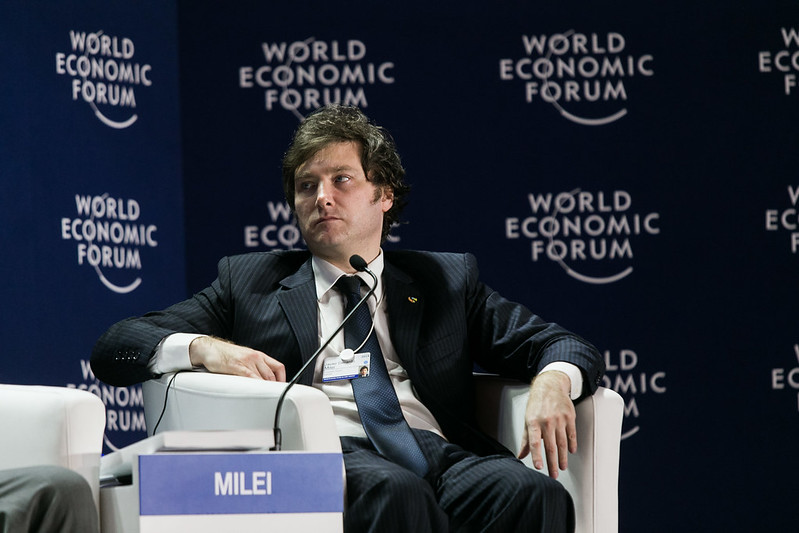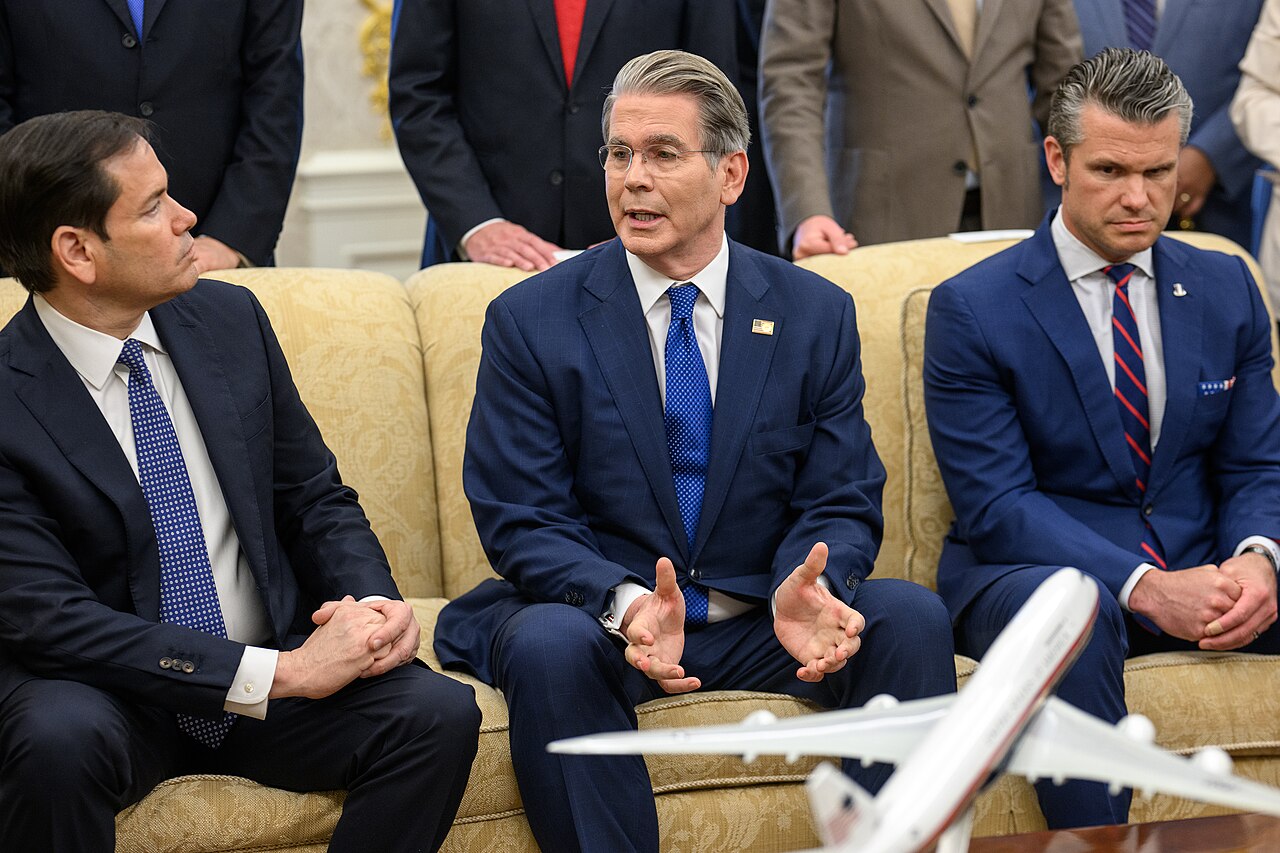Free marketeer leading Argentine election seen rocking commodities

Javier Milei, a libertarian outsider who’s taken a surprise lead in the race for Argentina’s presidency, would shake up the country’s powerhouse commodity industries like none of his rivals.
Argentina is a top crop and beef exporter, and the world’s fastest-growing lithium producer. It also sits on copper and shale oil and gas riches, and has potential to bring plenty of those resources to global markets.
Milei would scrap taxes on farm exports, meaning Argentina’s soybeans, corn, wheat and meat gain competitiveness against producers from the US to Australia. Milei has also touted ditching the peso for the US dollar. That would make farmer soy sales — which in Argentina have morphed largely into an unpredictable currency trade — trend more like other countries.
Milei won across swaths of the Pampas farm belt in Cordoba, Santa Fe and La Pampa provinces after pledging that the tax and currency changes would turbo-charge agricultural growth and production.
The free-market ideas “are just the sort we farmers are looking for,” said Ariel Striglio, a crop-grower in Santa Fe.
But Striglio also voiced concern about how Milei, an anti-establishment firebrand, would be able to govern: Getting support in congress to implement radical policies, and finding ways to stop powerful trade-union and social leaders from sabotaging reforms, would likely be his greatest challenge.
Oil, lithium
While Milei’s campaign manifesto is heavily skewed to farming, it also mentions promoting investments in oil and lithium. But by minimizing state involvement, his approach would upend how Argentina had already been going about that.
Milei, who won by a landslide in oil heartland Neuquen province, would move to re-privatize state-run driller YPF SA, which has spearheaded development of the Vaca Muerta shale patch since being nationalized in 2012.
To spur shale drilling, he’d instead boost competition between domestic refiners and international crude buyers by knocking down export hurdles and un-capping Argentine fuel prices.
Milei has been less clear on lithium, although last year he expressed dismay on social networks at talk of nationalizing the metal, needed for the global energy transition, or meddling in supplies and prices through a pact with South American neighbors.
His devotion to free markets would no doubt mean less direct state support for a local battery industry — relying instead on tax cuts and more lax labor laws to promote value-added manufacturing in Argentina.
Other candidates would be better equipped to maintain the social cohesion needed for investments, according to Michael Meding, who heads the unit of Canadian Rob McEwen’s mining group that’s drilling the Los Azules copper deposit in Argentina. “I don’t see him as a good selection for mining companies,” Meding said.
Still, in a sign of how divisive a figure Milei is, McEwen himself disagreed: “He’s proposing radical changes and I think those are needed.”
(By Jonathan Gilbert, with assistance from James Attwood)
More News
{{ commodity.name }}
{{ post.title }}
{{ post.date }}




Comments